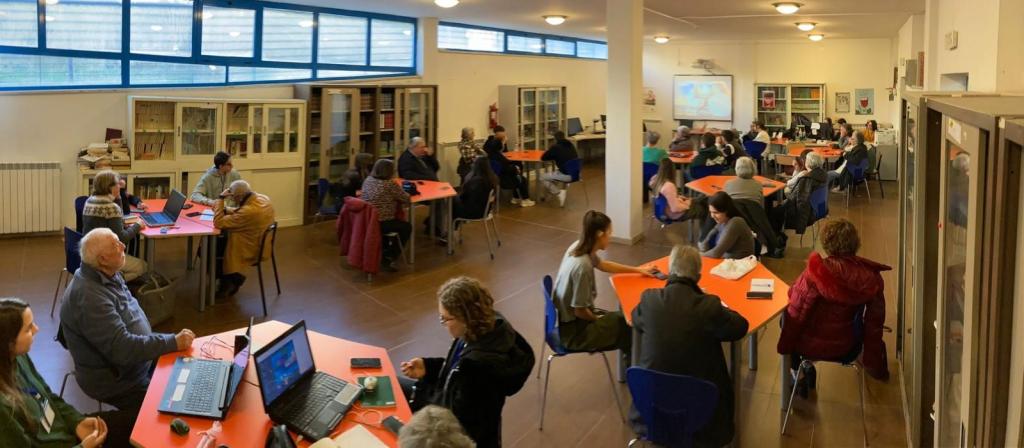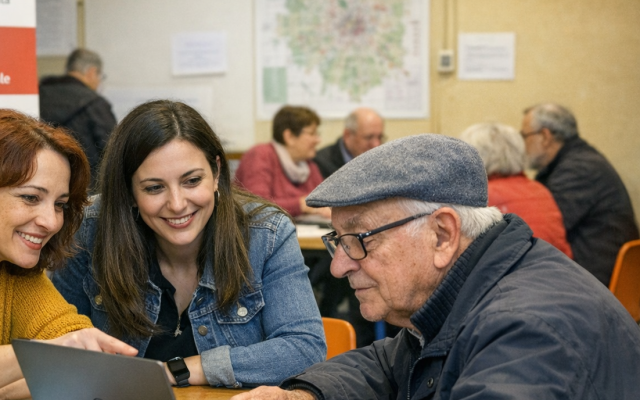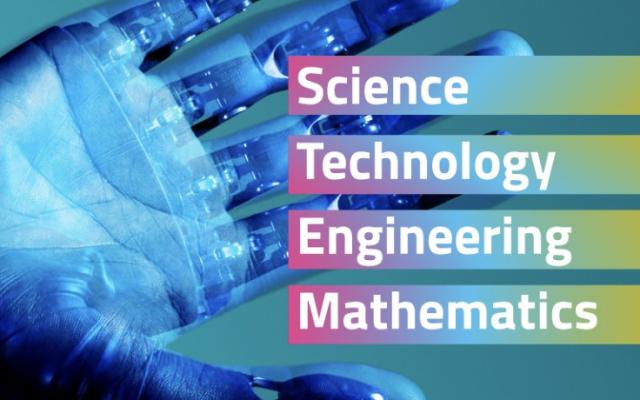e-EngAGEd: intergenerational learning at the Liceo Vian in Bracciano
"76.5% of Italians believes that fake news is increasingly sophisticated and difficult to identify, 20.2% believe they do not have the skills to recognize them, and 61.1% think they only partially have the necessary skills. Only an 18.7% minority believes that they are able to immediately recognize fake news" (Terzo Rapporto Ital Communications-Censis). So, how does on develop the skills to defend oneself from misinformation?
Last week, at the library of the Liceo Ignazio Vian in Bracciano, directed by Lucia Lolli, an intergenerational workshop was held as part of European Project e-EngAGEd (Intergenerational Digital Engagement). The objective was to improve media literacy skills, linked to a careful use of information communication technology, to counter misinformation and recognize misleading news. Young and old have met every Thursday afternoon to develop the necessary media skills. In what climate do these original laboratories take place? We asked Coach Nicoletta Vulpetti, who sent us a short note with a very suggestive title: "Of Friendships and Honey Sweets". Enjoy the reading!
Cristina and Alessandra have been friends for 75 years. They met in middle school. Now, they are together again, in the library of the Liceo Vian in Bracciano to learn about digital skills thanks to Project Youth Vision organised by the Fondazione Mondo Digitale. I met them there.
“Alessandra thinks she's the one who needs me, but it's the opposite. I'm the one who needs her. After all these years, it is not that important to establish hierarchies between who needs who, but to be aware that it feels good to be together. And so, here we are. We decided to understand more about e-mails and Facebook by coming here and, as usual, we came together."
Alessandra and Cristina are participating in the afternoon course on fake news and phishing. There are middle-aged women and high school students, who in previous meetings acted as tutors to their grandparents, biological or adopted, to discover how the world behind the screen works.
The library is full: there must be 50 people, maybe even more. There is no separation between students and adults. They are mixed together as in the best recipes, those in which the ingredients are blended well to give the dish a more intense and better flavour than the simple sum of the individual ingredients.
At a certain point Raffaele, 16 years old, has a coughing fit. He tries to hold back, but the cough doesn't go away. The grandmother sitting next to her takes a honey candy out of her bag and hands it to her. “You always have a remedy for everything!”, Raffaele thanks, saying that at the previous meeting it was time for a pocket coffee when he felt more tired than usual.
At the end of the two hours, I leave repeating to myself how precious appointments like this are, because beyond the acquisition of a new skill there is the evidence of how human beings are made to be together, each bringing their own angle of view of the world. And what does it matter who needs whom?
All that matters is being together.




